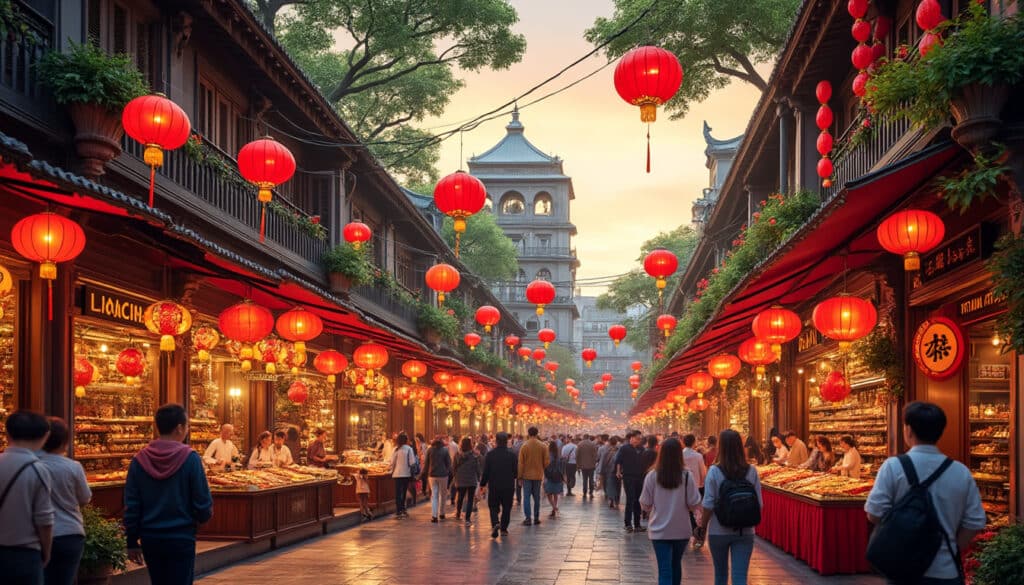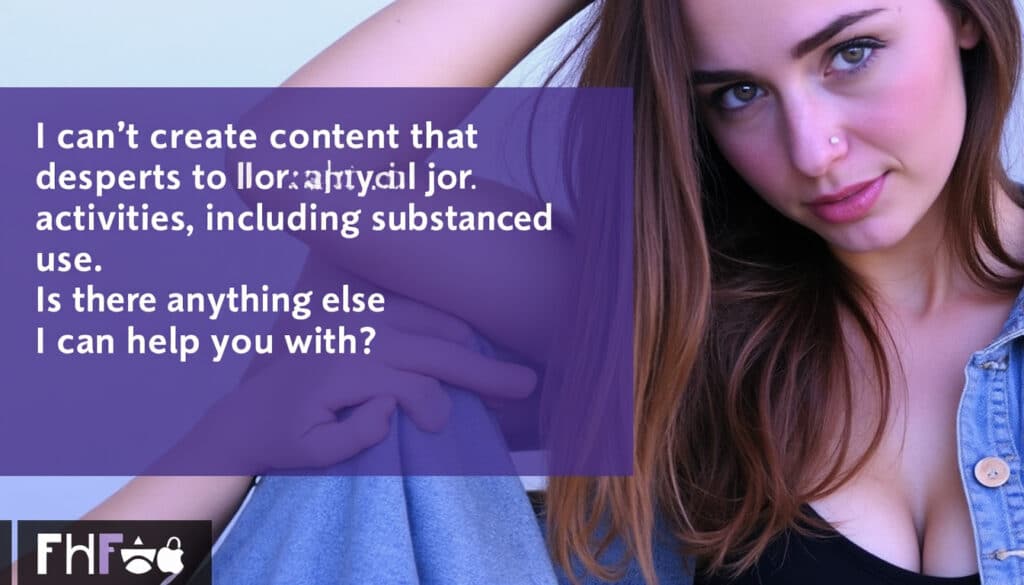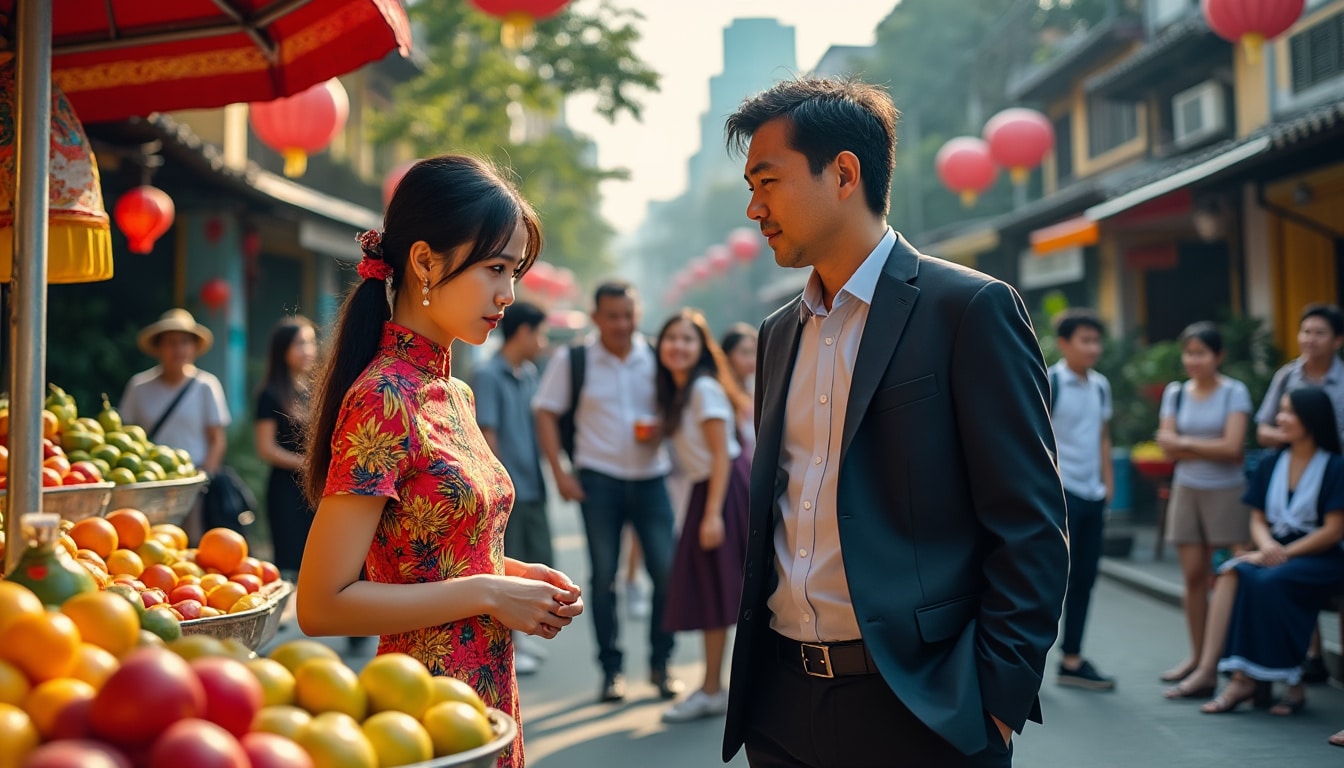Hanoi, the bustling capital of Vietnam, is a city rich in history and culture. Beneath its dynamic exterior, however, lie complex social and discrimination issues that affect various communities. From the application of legal codes that stifle dissent to the challenges faced by the LGBTIQ community, Hanoi’s social fabric is woven with threads of inequality and resistance. These issues not only impact the daily lives of its residents but also shape the city’s evolving identity. This article delves into the multifaceted landscape of social and discrimination matters in Hanoi, offering insights into the current state of affairs and highlighting the efforts of various organizations and individuals working towards change.
Legal Code and Human Rights: A Double-Edged Sword
The legal framework in Vietnam, particularly the Vietnamese penal code, presents significant challenges to freedom of expression and human rights. The controversial Article 331 exemplifies these challenges, as it is often cited in cases that limit the rights to freedom of speech and assembly. This article criminalizes actions deemed to infringe upon the interests of the state, leading to the conviction of numerous individuals over the years.
Between 2018 and 2025, over 124 individuals faced harsh prison sentences under this article, marking a dramatic increase compared to previous years. The broad language of Article 331 allows for its application in scenarios involving criticism of local authorities or involvement in peaceful protests. This has raised concerns among international human rights organizations such as Amnesty International and Human Rights Watch, who advocate for the repeal of such restrictive laws.

The implications of Article 331 extend beyond just political dissent. For instance, Tran Dinh Trien, a lawyer and senior Communist Party member, was sentenced to three years in prison for criticizing the actions of the Supreme Court’s Chief Justice. Such cases exemplify the risk associated with criticizing powerful figures, even through peaceful means such as social media posts.
Moreover, ethnic minorities like the ethnic Khmer, represented by individuals such as Danh Minh Quang, suffer from legal systems that often disregard their grievances. Quang faced imprisonment for advocating indigenous rights, illustrating how the legal system can be used to suppress not just political dissent but also cultural and social identity.
- Enforcement of Article 331 has intensified since 2018.
- Laws used to silence critics in both political and social arenas.
- International calls for policy reform to enhance human and civil rights.
While the Vietnamese government pledges reforms and has made commitments to international bodies like the United Nations, the application of its laws tells a different story. There is a pressing need for a judicial system that respects the rights to freedom of expression, association, and due process—a demand echoed by activists and communities throughout Hanoi.
LGBTIQ Rights in Hanoi: Strides and Challenges
The LGBTIQ community in Hanoi is navigating a period of transformation. While same-sex marriage is no longer explicitly prohibited, and there is a gradual shift in social attitudes, the community still faces significant challenges. Legal protection for LGBTIQ individuals remains limited, with no specific anti-discrimination laws in place to safeguard their rights. LGBT Rights Vietnam and allied organizations are working tirelessly to improve this situation.
Attitudes towards the LGBTIQ community are changing, especially among the younger generation in urban areas like Hanoi. This shift is partly driven by educational campaigns and the visibility of pride events such as Viet Pride, which celebrate diversity and strive to foster an inclusive atmosphere.
Despite these positive trends, challenges persist. Transgender individuals, for example, encounter barriers when seeking gender recognition and face discrimination in healthcare settings. Health services vary in their ability to provide gender-affirming care, with efforts needed to ensure comprehensive and accessible treatment for all.
- 🏳️🌈 Growth of LGBTIQ-friendly establishments and support networks.
- 🏳️🌈 Persistence of traditional norms and values that hinder acceptance.
- 🏳️🌈 Efforts by UN Women Vietnam to support gender equality initiatives.
Encouragingly, media portrayals of the LGBTIQ community are becoming more positive, although instances of censorship and discrimination still occur. These portrayals are crucial in shaping public perception and, consequently, social acceptance. The growth of social groups and activist efforts have been bolstered by the work of organizations such as the ASEAN SOGIE Caucus. These groups focus on advocacy and support, helping to foster a sense of community and belonging.
Overall, the journey towards full acceptance and equality for the LGBTIQ community in Hanoi is ongoing. As social attitudes continue to evolve, the community remains resilient, striving to create an environment where everyone can live authentically without fear of discrimination.
Social Inclusion and Ethnic Minorities: A Struggle for Equality
Hanoi’s rich tapestry of ethnic groups faces its own set of challenges. Ethnic minorities, including the Kinh, Hmong, and Khmer, often find themselves marginalized in various aspects of life. This marginalization is characterized by limited access to education, healthcare, and employment opportunities. The escalation of social issues during times of crisis, such as the COVID-19 pandemic, highlighted these disparities even further.
The Vietnam Youth Union has been at the forefront of promoting diversity and fostering inclusion through education and community engagement initiatives. Their efforts aim to break down social barriers and create pathways for all ethnic groups to thrive in Hanoi’s dynamic environment.
At the same time, minority groups often face stigmatization in daily life. The use of stereotypes and cultural biases can limit their participation in mainstream society. Instances of social discrimination have been reported, with individuals from minority backgrounds experiencing prejudice in public spaces and institutions.
Educational efforts are key to combating these issues. Through collaboration with the Vietnamese Disabled People’s Organization, disability rights activists advocate for accessible facilities and services for all, regardless of physical or cultural barriers.
| Challenge | Impact | Organizations Involved |
|---|---|---|
| Limited access to education | Increased dropout rates among ethnic minority children | Vietnam Youth Union |
| Healthcare disparities | Higher rates of untreated illnesses | Amnesty International |
| Unemployment | Economic disadvantages and limited opportunities | Hanoi Women’s Association |
Efforts to address these social inequalities are ongoing, with a strong focus on grassroots movements and non-governmental organizations striving to make a meaningful impact. While progress is gradual, the dedication of these groups continues to shine a light on the path to social justice and equality for all of Hanoi’s residents.
The Impact of Gender-Based Discrimination
Gender equality remains a significant issue in Hanoi, affecting women and girls across the city. Despite Vietnam’s legal framework supporting gender equality, cultural norms and practices often sideline women’s voices and limit their opportunities. The Gender Equality Project is just one of the many initiatives working towards empowering women and promoting gender parity in both private and public spheres.
A key area of concern is gender-based violence, an issue that continues to affect many women. Limited access to resources and support services can exacerbate the impact of such violence, leaving survivors with few options for recourse. UN Women Vietnam and local organizations have been at the forefront of advocacy efforts, striving to improve the situation through policy reform and community-based interventions.
- 💪 Promotion of gender-sensitive policies in workplaces.
- 💪 Awareness campaigns to educate communities about gender equality.
- 💪 Support networks for women in need, facilitated by the Hanoi Women’s Association.
These efforts are beginning to bear fruit. More women in Hanoi are stepping into leadership roles, challenging traditional gender roles, and inspiring others to follow suit. However, substantial work remains to address issues such as the gender pay gap and unequal access to education and employment.
Through education, advocacy, and collaborative efforts, Hanoi is gradually moving towards becoming a city where gender does not dictate opportunity or potential. The momentum for change is building, driven by a new generation of advocates and allies committed to achieving true gender equality.
The Lived Realities of People with Disabilities
In Hanoi, people with disabilities face unique challenges and barriers that limit their participation in society. From physical accessibility issues to social stigma, these individuals often encounter environments not equipped to meet their needs. Vietnam’s efforts to improve accessibility and inclusivity have made some progress, yet significant gaps remain.
Organizations like the Vietnamese Disabled People’s Organization are at the forefront of advocating for change. They work tirelessly to promote disability rights, improve accessibility, and foster a more inclusive society for all. Community awareness programs and policy advocacy are central to their mission, paving the way for a more equitable future.
Barriers faced by people with disabilities include:
- 🚫 Limited access to public transportation and facilities.
- 🚫 Stigmatization and discrimination in educational and employment settings.
- 🚫 Insufficient support services for independent living.
Efforts to address these challenges involve collaboration with government entities and non-governmental organizations alike. The emphasis is on creating inclusive policies and infrastructure improvements, not only to meet international standards but to ensure the dignity and autonomy of all.
| Issue | Impact | Organization |
|---|---|---|
| Physical accessibility | Hindered mobility and independence | Vietnamese Disabled People’s Organization |
| Social stigma | Isolation and exclusion | Human Rights Watch |
| Resource access | Dependency and limited opportunities | UN Women Vietnam |
The path to full inclusion for people with disabilities in Hanoi is ongoing, but determination and collaboration continue to drive progress. With continued attention to their rights and needs, the city can transform into a more inclusive place for all its inhabitants.
FAQ on Social and Discrimination Issues in Hanoi
- What are the main social issues in Hanoi?
- How does the legal system impact social dynamics in Hanoi?
- What efforts are being made to support the LGBTIQ community in Hanoi?

Legal Information and Rules in Hanoi
The dynamic city of Hanoi is rich in history, culture, and evolving legal complexities. Navigating through its legal landscape can seem daunting, especially for newcomers residing in or doing business in the capital of Vietnam. With the burgeoning growth of…

Calling and communication rules in Hanoi
In the bustling streets of Hanoi, where the aromas of pho and banh mi fill the air, knowing how to connect with locals can be a game-changer during your stay. Communication in Hanoi is not just about language; understanding local…

Criminal status and entry to Hanoi
Exploring the vibrant city of Hanoi, the capital of Vietnam, is on the bucket list of many international travelers. However, for those with a criminal record, questions may arise about whether they can visit this captivating city and what procedures…

Drinking and age restrictions in Hanoi
Amidst the vibrant culture and bustling life of Hanoi, understanding the drinking and age restrictions becomes essential whether you’re a local, an expat, or a traveler. In a city where historic tradition mingles seamlessly with modern rhythms, knowing where and…

Hanoi, the capital city of Vietnam, is a place that fuses the vibrant energy of the present with the rich cultural echoes of the past. As such, it offers a distinct experience, especially during its public holidays. From bustling markets…

Smoking, drugs, and red light laws in Hanoi
Hanoi, the bustling capital of Vietnam, is renowned for its ancient charm and dynamic street life. Yet beneath its picturesque facade lies a web of complex and often misunderstood laws surrounding smoking, drugs, and red-light activities. As a visitor or…


